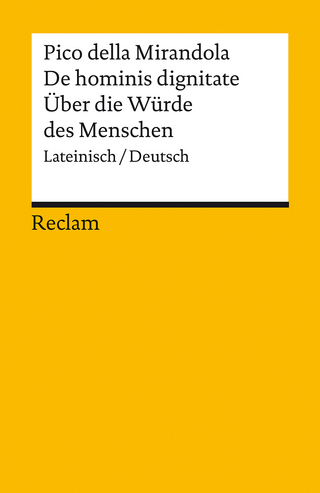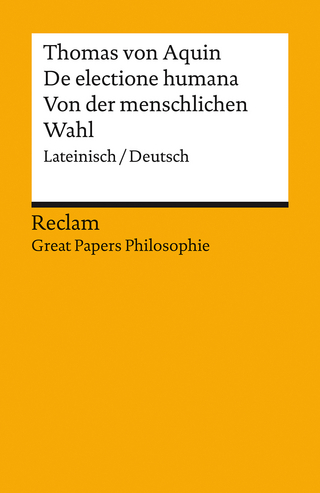
Thoughts on Machiavelli
Seiten
1995
University of Chicago Press (Verlag)
978-0-226-77702-3 (ISBN)
University of Chicago Press (Verlag)
978-0-226-77702-3 (ISBN)
Leo Strauss argued that the most visible fact about Machiavelli's doctrine is also the most useful one: Machiavelli seems to be a teacher of wickedness. In his critical appreciation of "The Prince" and the "Discourses on the First Ten Books of Livy", Strauss explains his thoughts.
Leo Strauss argued that the most visible fact about Machiavelli's doctrine is also the most useful one: Machiavelli seems to be a teacher of wickedness. Strauss sought to incorporate this idea in his interpretation without permitting it to overwhelm or exhaust his exegesis of "The Prince" and the "Discourses on the First Ten Books of Livy". "We are in sympathy," he writes, "with the simple opinion about Machiavelli [namely, the wickedness of his teaching], not only because it is wholesome, but above all because a failure to take that opinion seriously prevents one from doing justice to what is truly admirable in Machiavelli: the intrepidity of his thought, the grandeur of his vision, and the graceful subtlety of his speech." This critique of the founder of modern political philosophy by this 20th-century scholar should be a valuable text for students of both authors.
Leo Strauss argued that the most visible fact about Machiavelli's doctrine is also the most useful one: Machiavelli seems to be a teacher of wickedness. Strauss sought to incorporate this idea in his interpretation without permitting it to overwhelm or exhaust his exegesis of "The Prince" and the "Discourses on the First Ten Books of Livy". "We are in sympathy," he writes, "with the simple opinion about Machiavelli [namely, the wickedness of his teaching], not only because it is wholesome, but above all because a failure to take that opinion seriously prevents one from doing justice to what is truly admirable in Machiavelli: the intrepidity of his thought, the grandeur of his vision, and the graceful subtlety of his speech." This critique of the founder of modern political philosophy by this 20th-century scholar should be a valuable text for students of both authors.
Leo Strauss (1899-1973) joined the University of Chicago as professor of political philosophy in 1949 and was later named Robert Maynard Hutchins Distinguished Service Professor Emeritus in political science. His many books include Liberalism, Ancient and Modern, and The City and Man, both available from the University of Chicago Press.
Preface Introduction I: The Twofold Character of Machiavelli's Teaching II: Machiavelli's Intention: The Prince III: Machiavelli's Intention: The Discourses IV: Machiavelli's Teaching Notes Index
| Erscheint lt. Verlag | 19.10.1995 |
|---|---|
| Sprache | englisch |
| Maße | 14 x 22 mm |
| Gewicht | 454 g |
| Themenwelt | Geisteswissenschaften ► Philosophie ► Philosophie des Mittelalters |
| Sozialwissenschaften ► Politik / Verwaltung ► Politische Theorie | |
| ISBN-10 | 0-226-77702-2 / 0226777022 |
| ISBN-13 | 978-0-226-77702-3 / 9780226777023 |
| Zustand | Neuware |
| Haben Sie eine Frage zum Produkt? |
Mehr entdecken
aus dem Bereich
aus dem Bereich
Redewendungen aus der Natur
Buch | Hardcover (2024)
Regionalia Verlag
7,95 €
von der menschlichen Wahl
Buch | Softcover (2024)
Phillip Reclam (Verlag)
7,40 €


